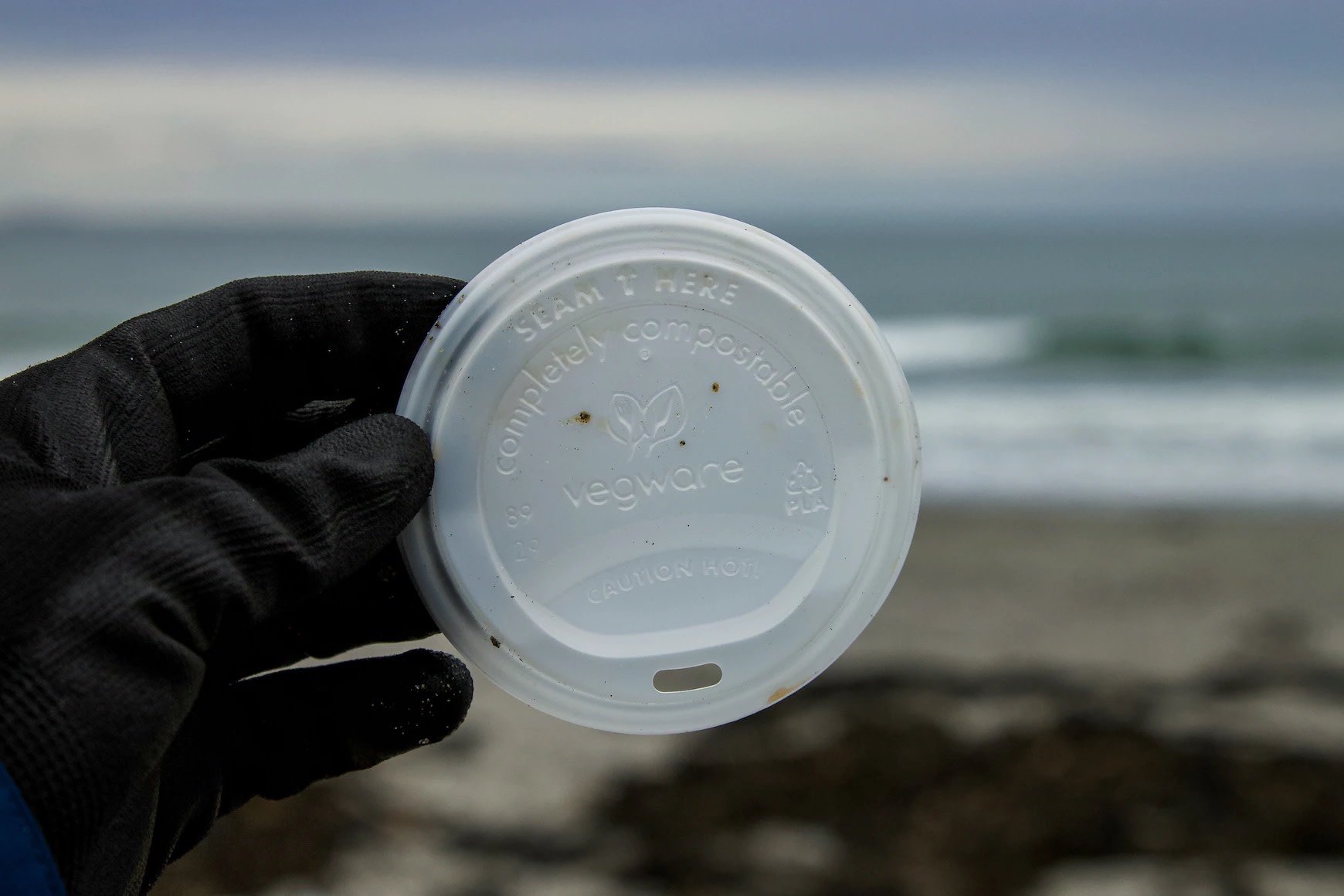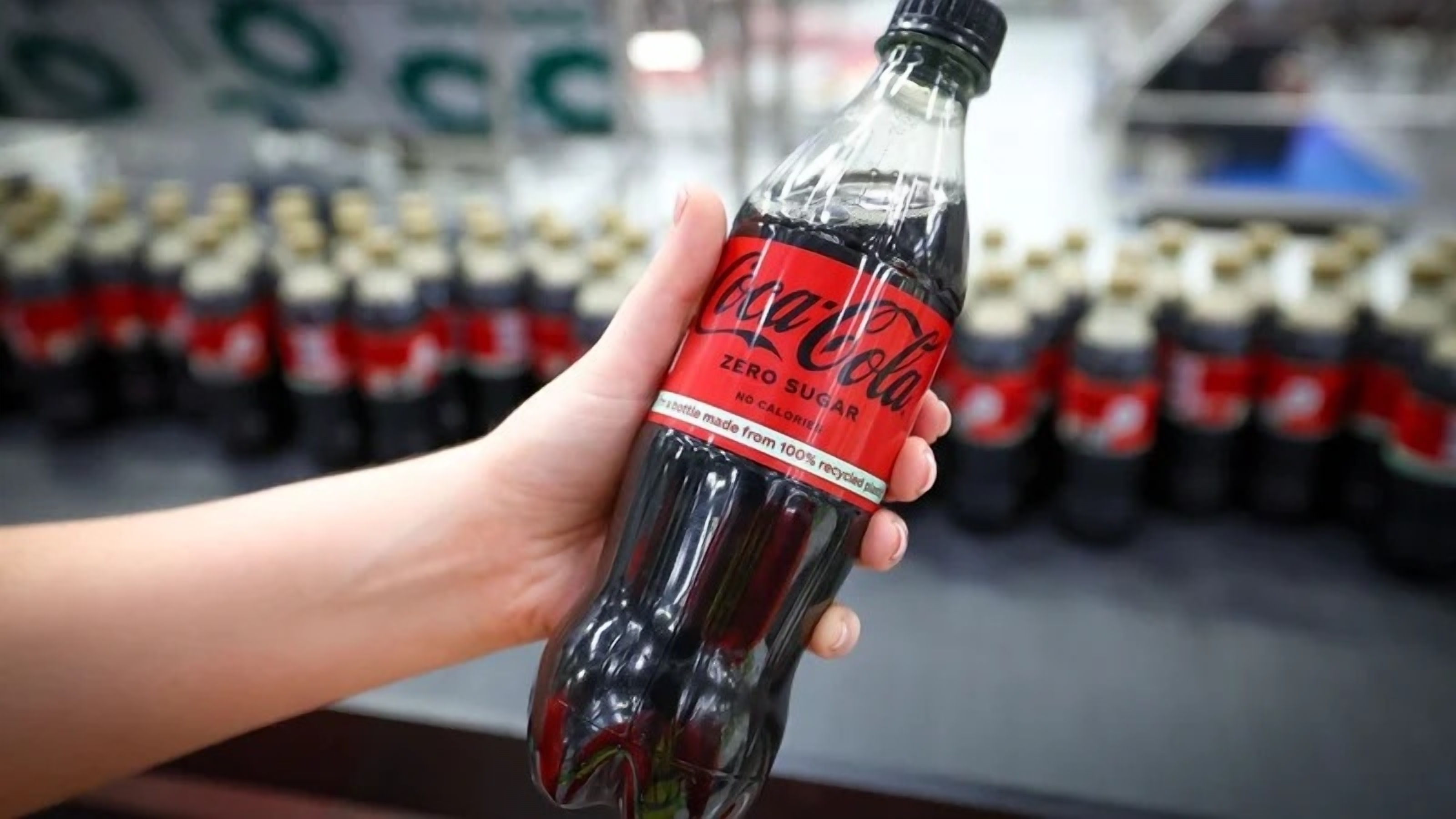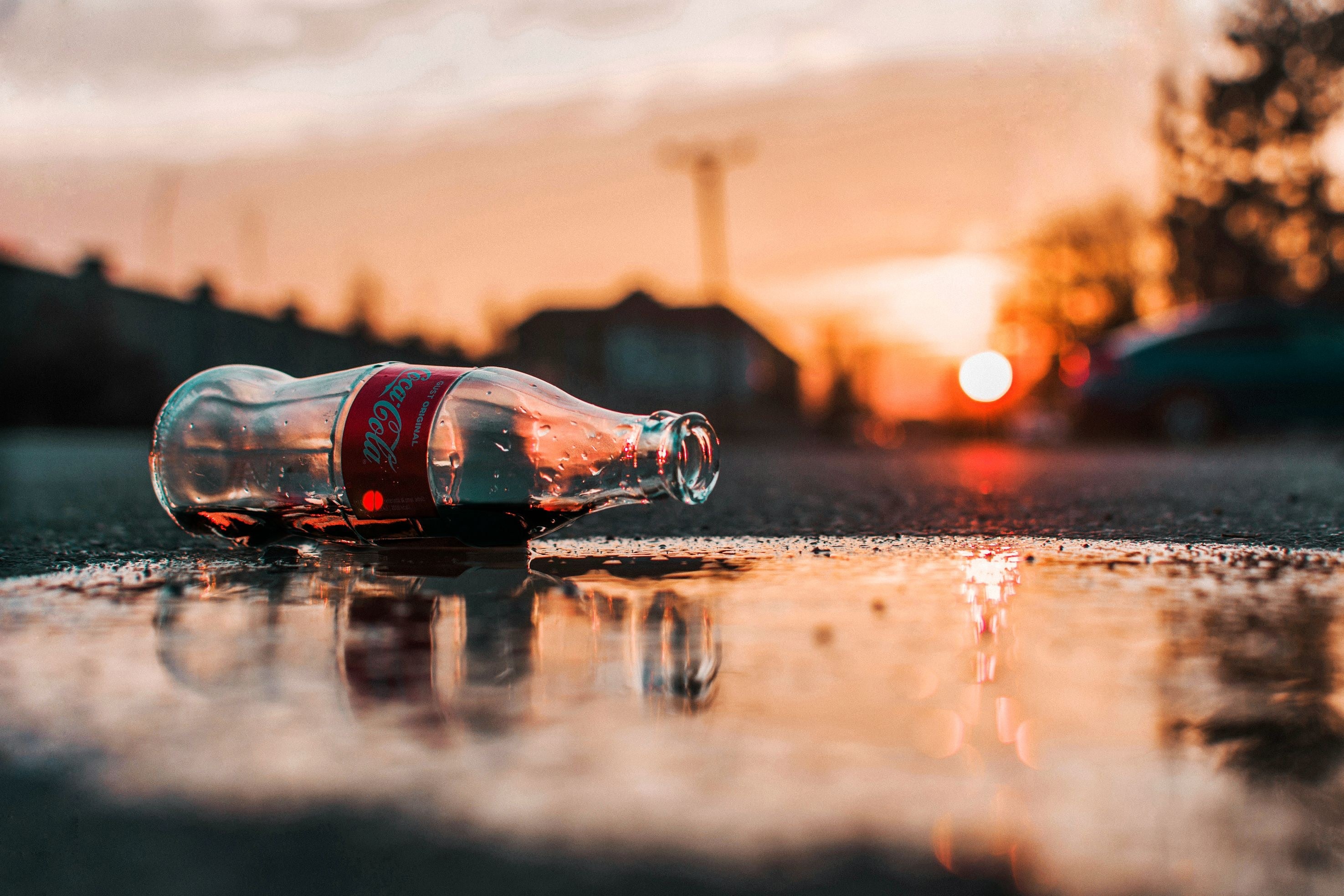The Greenwashed Food Sector
Coca-Cola Co

Greenwashing has become a common practice across all industries, a recent example being airline giant Lufthansa misleading travellers about their new "Green Fares" flight tickets. Big companies have also been charged with greenwashing consumers into believing their promises about sustainability.
Food businesses are no exception. Numerous well-known companies in the sector have had their greenwashing strategies exposed through the use of their goods and services. But why the greenwash?
Capitalisation
Every company strives to maximise profits and take advantage of market trends. As a result of the climate devastation we are now witnessing globally, social sustainability has grown incredibly important. At its core, greenhouse gas emissions (GHGs) are the greatest cause of change. Thus, many firms are purportedly using ‘green energy’, renewable energy, and other sustainable technologies to reduce the environmental harm that their businesses are causing in order to address anthropogenic climate change.
To capitalise on consumer expectations for environmentally sustainable goods, brands, or services, many food firms are emphasising their ‘green’ or sustainable practices. Popular brands are promoting themselves as socially sustainable in an effort to cash in on these consumer needs, yet many of these firms are misleading consumers with such claims.
Featured Article: Top 5 Social Sustainability Examples You Need To Know
Weak Coffee
For instance, Starbucks recently released a "straw-less lid" that gave customers an open-faced plastic cap in place of the cup's customary straw-equipped takeout version. The American coffee chain made this effort as part of its sustainability programme to use recyclable materials for its drinks, rather than packaging and plastic trash that would otherwise end up in landfills. Yet, compared to the prior straws and lightweight lids, the new lids include more plastic.
The manufacturer acknowledged that Nitro lids are substantially thicker than existing lids and composed of polypropylene, a widely-accepted recyclable plastic that can be collected by recycling infrastructure. Nevertheless, given that only 9% of the plastic produced worldwide is recycled means that the introduction of lids without straws would have little impact on recycling rates and instead increase waste disposal issues. Large companies like Starbucks appear to have used innovative greenwashing techniques to attract both new and existing customers under the guise of sustainability.
Featured Article: What Are The Main Greenwashing Tactics Companies Use?
Tools for Change
The Changing Markets Foundation (CMF), in its analysis, notes "In recent years, the number of goods with sustainable or green labels has grown dramatically, and several well-known firms have engaged in greenwashing. Nonetheless, even as companies tout their efforts to be more sustainable, their emissions, exploitation, and overproduction all increase."
It is crucial to apply ESG tools, data, and methodologies to measure, manage, and publish performance, to verify the sustainability claims made by a given food company. ESG ratings and public disclosure of a company's ESG performance, as measured by international rating agencies, are attempts to control greenwashing. Despite the fact there is still more work to be done with transparency surrounding the reliability of ESG scores, this is the toolkit we currently have to empower companies to be transparent.
Positive Image
Brands grow when they present a favourable image to stakeholders, investors, and future customers. Some do this by portraying their organisation as sustainable, carbon-neutral, and environmentally effective in an effort to foster a positive image in the eyes of young people in particular.
Younger consumers are more engaged in ESG issues and more inclined to work for an organisation that prioritises ESG, coupled with socially responsible investing, as long as such claims can be transparently proven via third party, unbiased assessment. According to a report by Havas Group, 70% of Gen Zs are more likely to consider making a purchase from a company that supports social and environmental topics they are passionate about.
The Sustainable Generation
GenZ also continues to demand transparency & authenticity from brands over big claims and celebrity endorsements. For Gen Z, sustainability goes beyond the description of an "environmental cause" to include a more conscious, mindful mindset that shows up in both small and larger, more institutional-level actions. For instance, not littering, using one's own bag when going to the store, or reusing plastic containers are all examples of actions that contribute to the formation of sustainability habits that can lead to larger actions.
As a result, the brand will receive favourable awareness and momentum in the market as young people and potential customers are drawn to the company's proven track record of sustainability.
How Does Greenwashing Happen?
Misleading Advertisements
Food corporations make inflated claims without supportive evidence. For example, the well-known beverage company Innocent misrepresented the impact it has on the environment in a commercial. After receiving a complaint from the environmental organisation Plastics Rebellion, which claimed that the commercial misrepresented the environmental benefits of the products and was therefore deceptive, the advertisement was banned. Innocent claimed that its advertisement was intended to convey a message about recycling in order to disprove claims that it was misleading.
Nevertheless, the UK's Advertising Standards Authority (ASA) prohibited the advertisement because it implied that buying Innocent drinks would have a beneficial environmental impact, which was incorrect and misleading to consumers.
Branding Products as ‘Recyclable’ or ‘Sustainable’
Another telltale greenwashing sign is when goods and services are labelled "Eco-friendly," "Sustainable," "Recyclable," or "Green”, without any evidence. For example, Coca-Cola’s "World Without Waste" marketing campaign serves as an illustration of greenwashing since it leads people to believe that the company operates in a sustainable manner even when this is untrue. In reality, the corporation is the greatest plastic in the world for the fourth consecutive year, according to the annual report of the international coalition Break Free From Plastic, for 2021.
In response to criticism over its use of plastic, the firm promised that by 2030, 25% of its packaging will be reusable globally. However, according to Globaldata, Coca- Cola's total GHG emissions (Scope 1 & 2) in 2021 were 5.17 million tonnes CO2 equivalents (MtCO2eq), up 8% from 2020. This demonstrates the company's careless handling of its sustainability commitments and how it greenwashes its consumers.
Untrue Packaging Claims
According to a report by the Changing Markets Foundation, Coca-Cola is one of the companies greenwashing by claiming to utilise eco-friendly packaging. To lead clients to believe they are keeping track of the plastic pollution situation, businesses assert that they are intercepting and using "ocean-bound" or "recyclable" plastic. Little evidence supports the claims made by the corporations about how their goods are addressing the problem of plastic pollution. According to the report, this is done to conceal from customers the true effects of plastic pollution.
How Do We Stop Greenwashing?
Every industry practises greenwashing. Due to deft marketing techniques that hide the reality from clients, it can be challenging to call out businesses for their such practices. How can we stop it? Well, all green claims must be supported by concrete data showing how they contribute towards environmental protection or the prevention of environmental damage.
Companies that market their products as carbon-neutral or recyclable must be held liable for any false information that is kept from consumers. To support their claims of being environmentally friendly, all of this needs to be supported by factual data. All statements must be truthful; for example, if a corporation says its products are sustainable, it should detail how sustainable they are as well as all other crucial steps. Because they can result in deceptive advertising, ambiguous or generic comments about environmental benefits should not be permitted.
Takeaway
For companies, this may all understandably seem an onerous task. After all, these requirements are all operational cost increases. Perhaps the best place to start is having the discussion around the true value of corporate transparency. That means leveraging credible corporate information - whether this demonstrates progress or failure - as a marketing tool for consumers.
Companies like Coca-Cola already lead in global metrics such as plastic pollution, so accepting that fact first can help the open transition to a place of global leadership by openly addressing challenges and reporting progress. Companies with such operational experience can mobilise their significant resources to be the environmental stewards of tomorrow, instead of the greenwashers of today.
Follow company ESG performance via our regularly updated Company ESG Profile listing.





